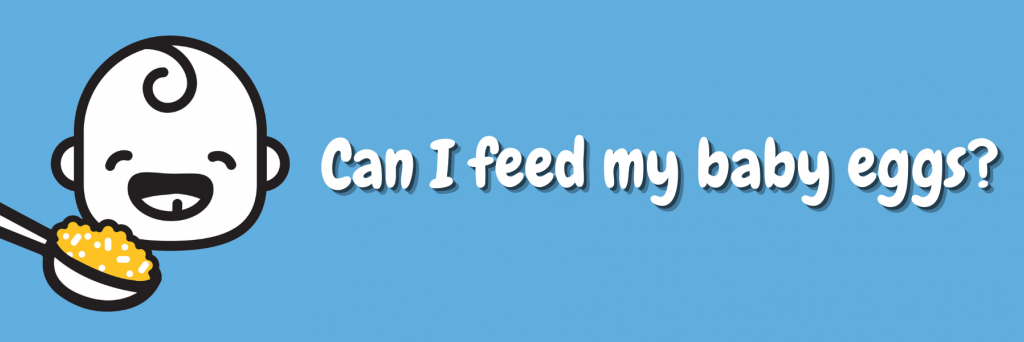Can I feed my baby eggs?
A question we hear all too often surrounds the topic of feeding infants eggs. Is it okay? Absolutely! You can confidently feed your tiny one eggs however, there are a few guidelines we'd like to share with you. Although a baby can eat eggs just like us, we may need to slightly adjust how they eat them.

To support our recommendations, we like to refer to the infant feeding guidelines released from Health Canada. There you'll find a list of nutritious options for your little one and it includes whole eggs. This means that both the white and the yolk are safe for your infant to consume. The guidelines recommend eggs in a list of first foods for babies 6 months of age, when being first transitioned over to 'solids' (provided there is no history of food allergies). You can feel confident that if you are having eggs, your baby can too.
So let's get into the details. How should you go about introducing eggs to your baby? Here are our top 5 tips!
1) Offer fully cooked, plain eggs.
First and foremost, ensure that the eggs you are offering your baby have been cooked through all the way. Although a runny yolk can be deliciously fun to dip your toast in, it's best for your baby's developing digestive system to be offered foods that have been well-cooked and easy to digest.
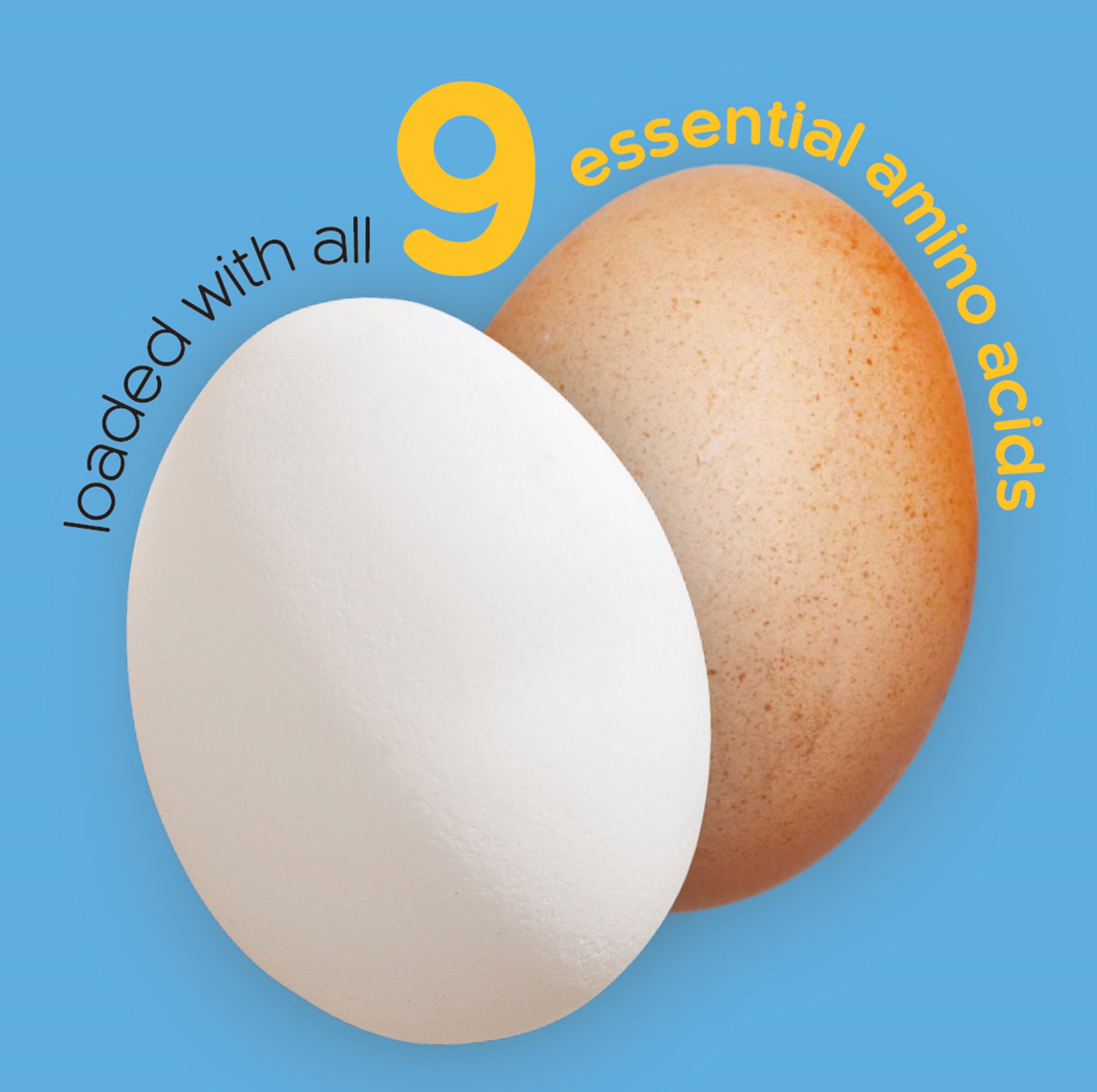
2) Avoid added salt, sugar, or fats.
When scrambling eggs, we tend to add a little bit of butter or oil. For an enhanced flavour, we like a pinch of salt. These things are fine for your little one down the road but avoid them for now. When introducing a new food, we want it to be gentle on their tummies. If you have a non-stick pan for your scrambled eggs then great, but hard-cooked in a pot of water is a simple way to get started.
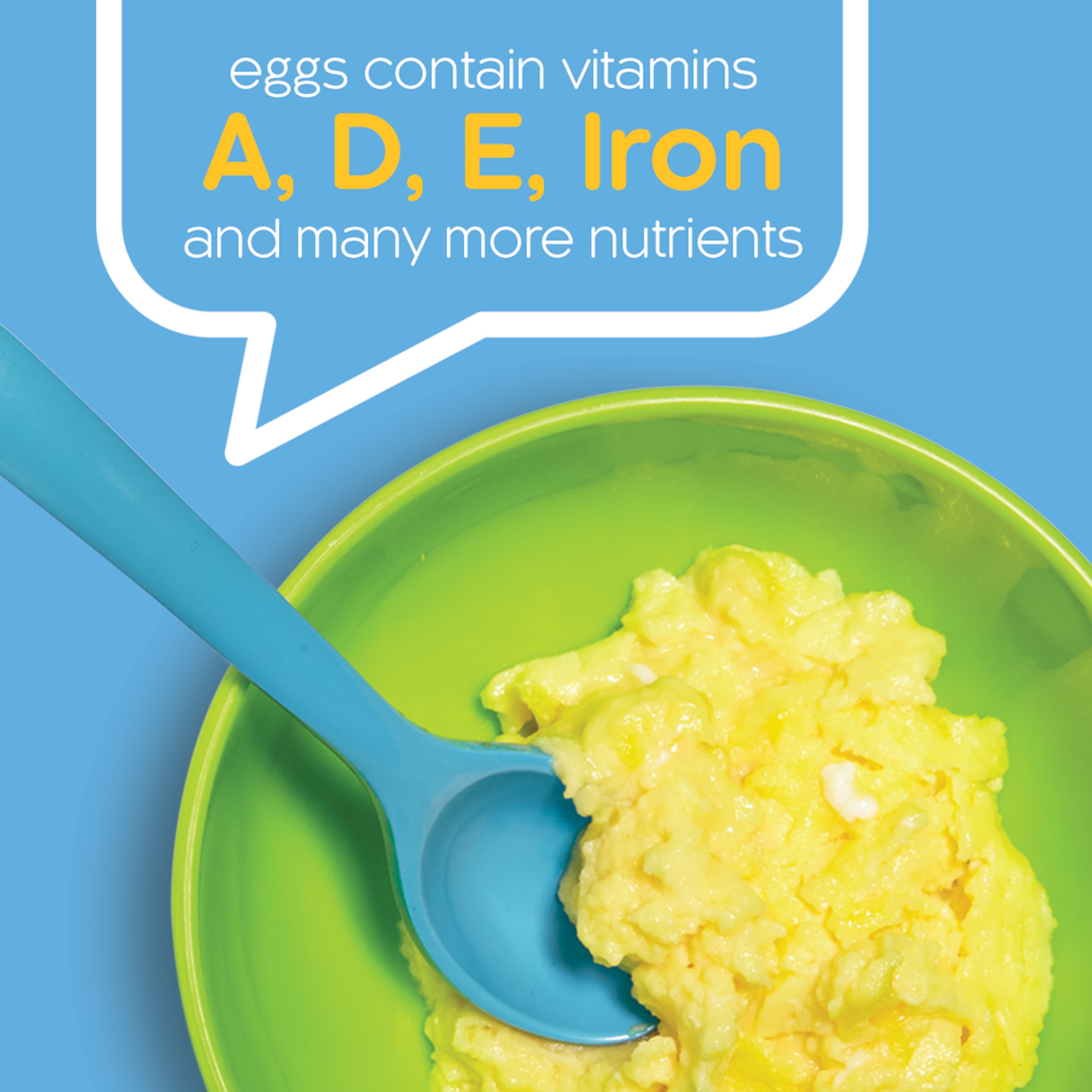
3) Mash them up!
If your little one does not yet have pearly whites to chomp down on his or her food, you'll certainly want to introduce foods that are easy to swallow. When it comes to eggs, start with a puréed consistency that can run off a spoon. Compare the consistency to store bought applesauce. To achieve this texture, consider adding a little water, breast milk or formula. That'll help! As will using a manual baby food mill or grinder. As your baby grows and gets used to the new food item, move on to thicker purées, then mashed without lumps and mashed with soft lumps.
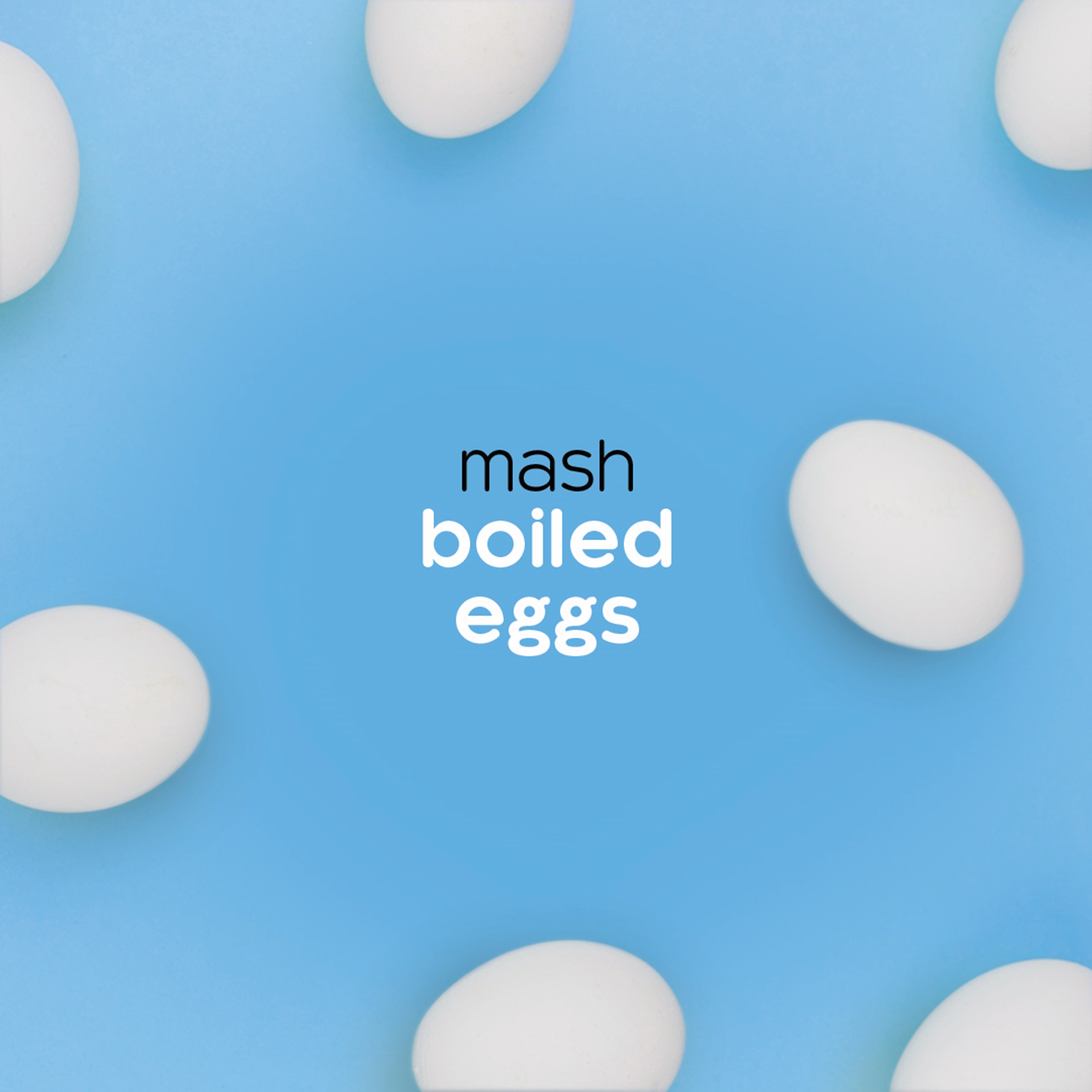
4) Mix them up!
If you've started introducing your infant to various tasty vegetable mashes, you can mix eggs with something that they've already been introduced to. If your baby is accustomed to mashed peas for example, this could be a complementary ingredient with which to mix some mashed eggs.
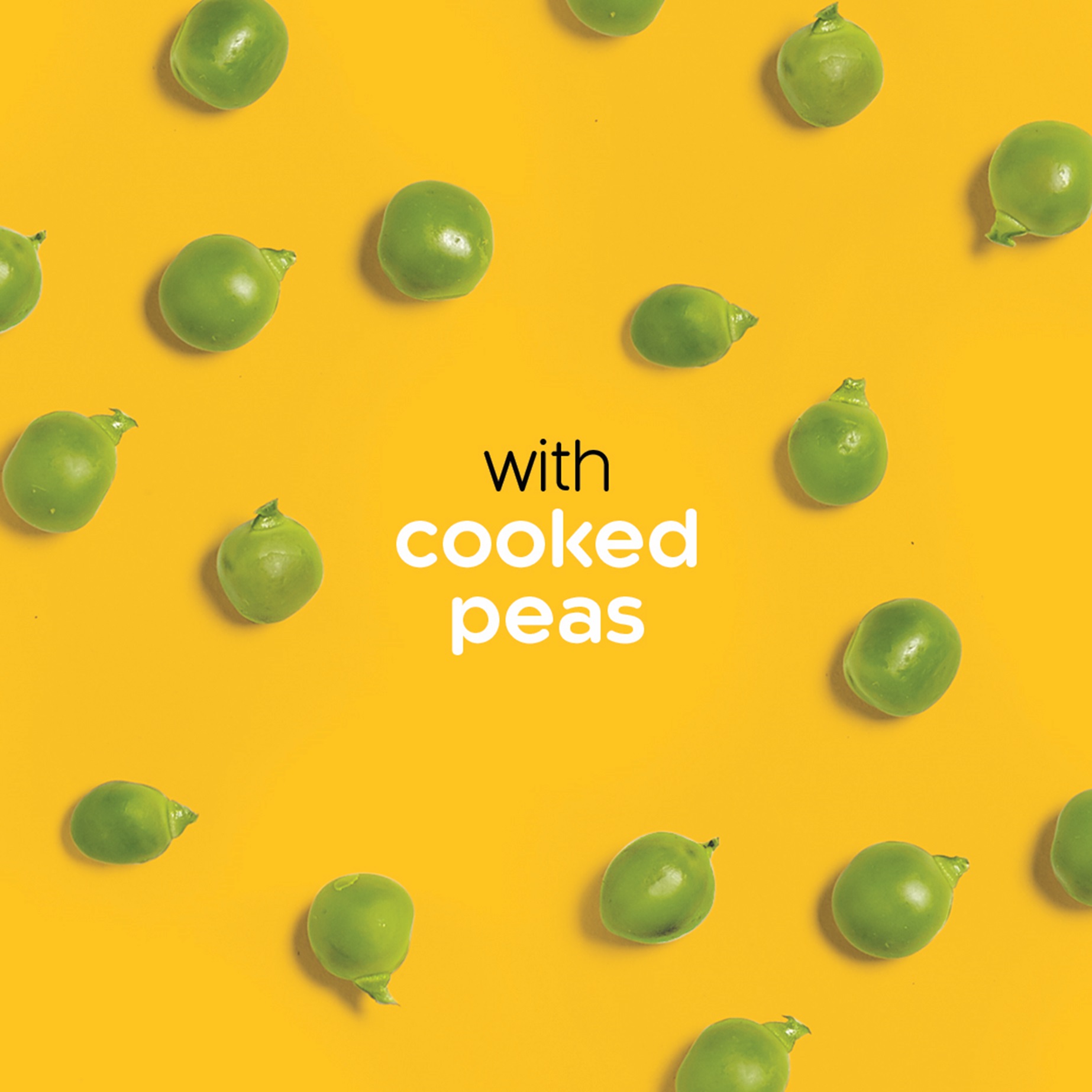
5) Go through a testing phase.
As with the introduction of any new food, you'll want to make sure that your baby is taking well to it and that they're able to enjoy the food safely. We recommend starting with just a tablespoon (15 mL) and seeing how that goes. Observe your baby to ensure that he or she is not reacting negatively. As a rule of thumb, you can even give two to three days in between trying new foods to check for any reactions.
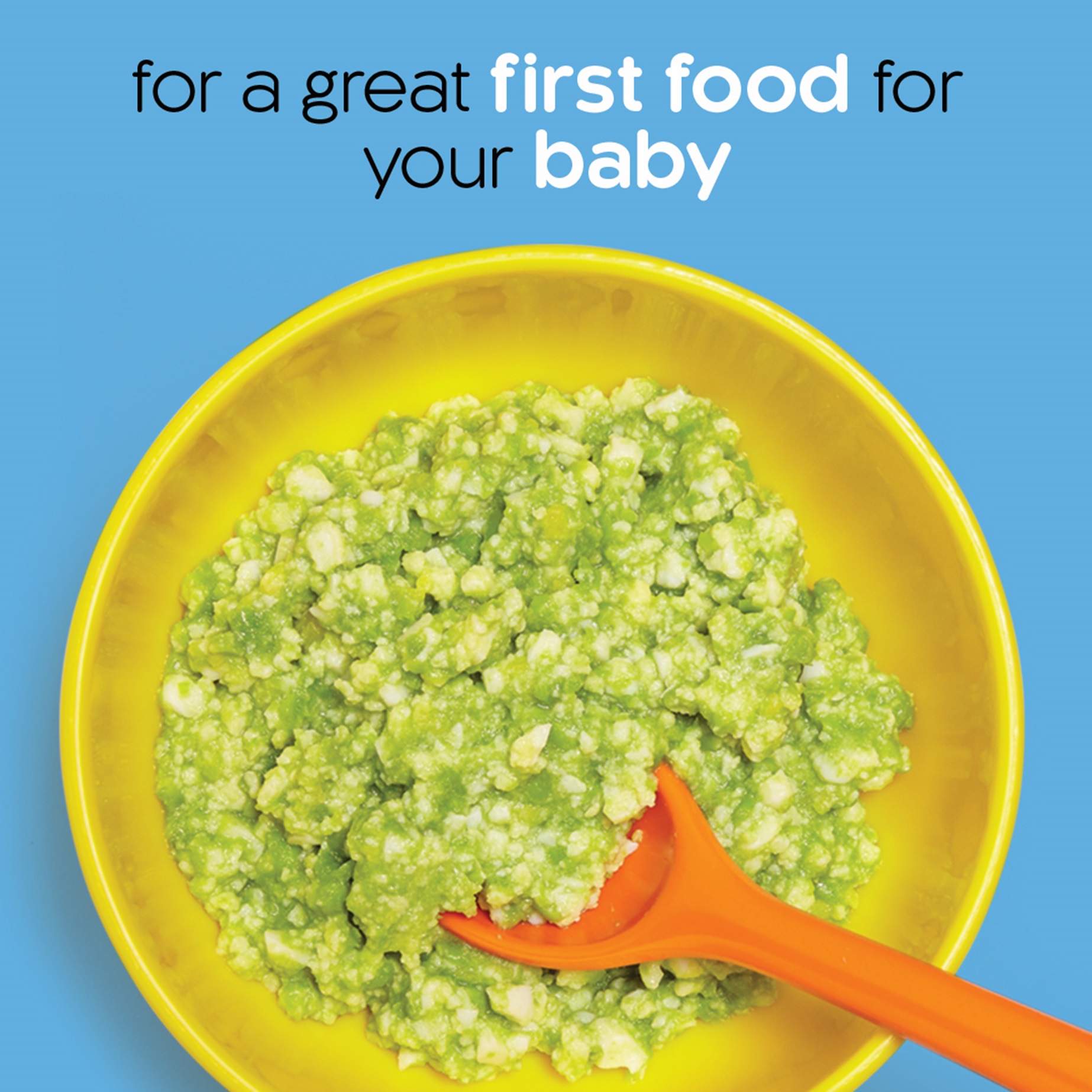
If you're just learning about what food babies can eat, it’s not just eggs that can be introduced at 6 months.
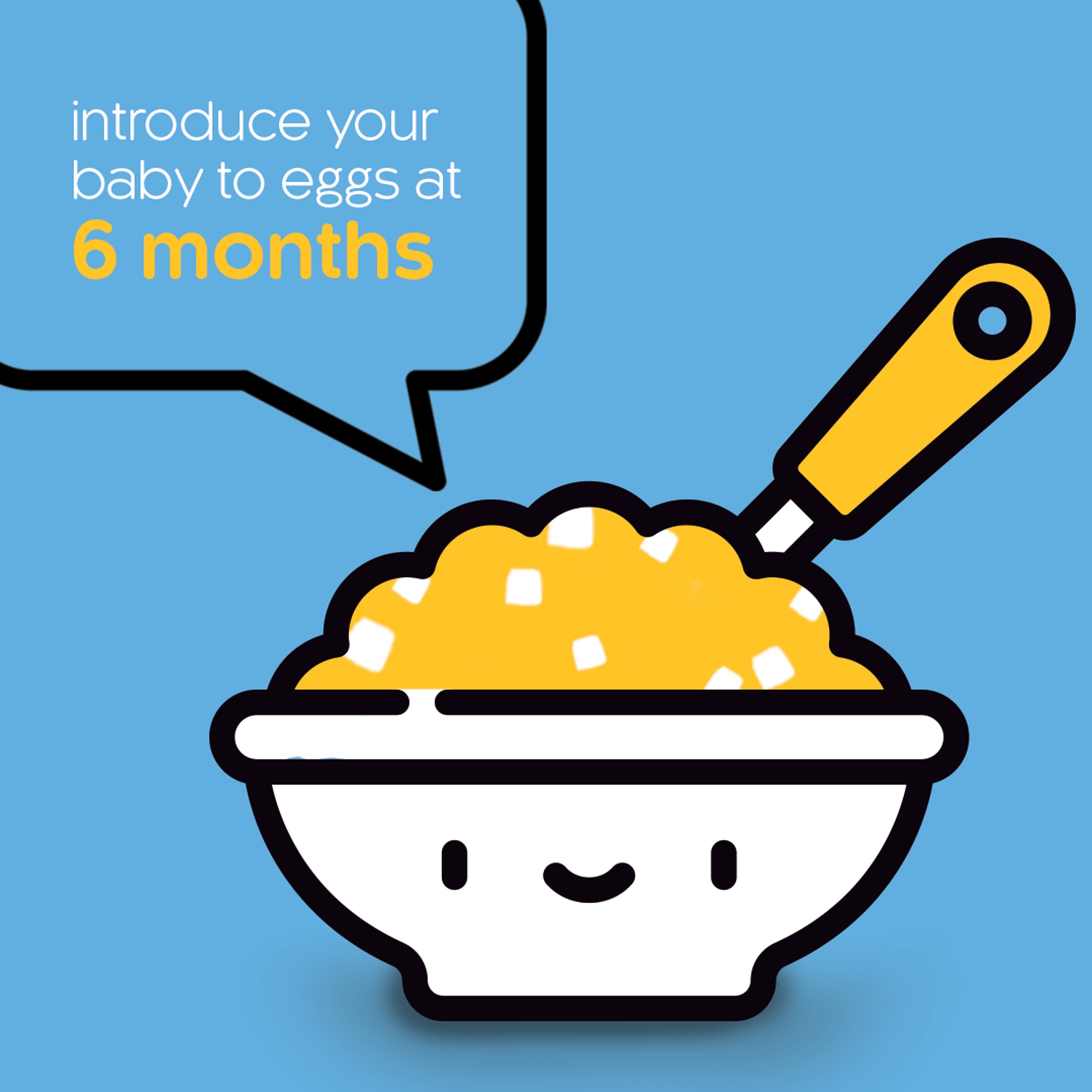
Meats, (especially iron-rich beef and dark poultry), low-mercury fish (remove or mash soft bones), tofu and legumes (beans, lentils, chickpeas) can also be be given to little ones. Of course, breast milk or formula remains the most important source of nutrition for babies and infant cereals continue to also be recommended first foods. Most importantly, be sure to offer your baby iron-rich foods two or more times a day to help ensure they get enough iron. If you have a baby, talk to your health care provider to find out more about what foods will ensure your baby's health and wellbeing.


